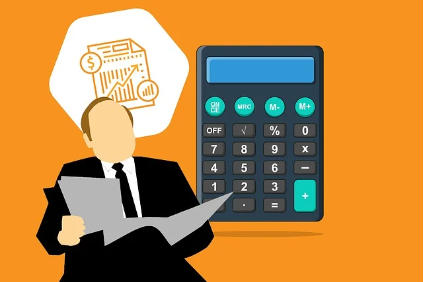현재 장바구니가 비어 있습니다!

[2024-08-07 Korea Economic News] Seoul Apartment Rent Prices Surge by 1.76 Million Won in a Year, Exceeding 2.4 Million Won per 3.3㎡!
Recent Trends in Seoul’s Apartment Rental Market
The real estate landscape of Seoul has been experiencing significant changes over the past year, particularly in the rental market. According to Korea Economic News, the rental prices of apartments have been rising steadily, crossing an average of 24 million KRW per 3.3 square meters. This upward trend reflects broader economic factors and changing demands in the housing market.
Record High Rental Prices in Seoul’s Apartment Market
The data shows that the highest average rental price per 3.3 square meters is found in Seocho-gu, where it has reached an astounding 37.69 million KRW. Furthermore, other affluent districts such as Gangnam and Songpa are also witnessing notable increases in their average rental prices. These spikes indicate a preference for upscale living environments amidst the backdrop of a competitive rental market in Seoul, as reported by Korea Economic News.
This trend is not merely an isolated phenomenon; it is indicative of a larger shift within Seoul’s property market. Rising demand for rental properties has been fueled by an influx of individuals and families seeking quality living spaces in proximity to urban conveniences. With the current economic environment and job market dynamics, many people are opting for rental arrangements over purchasing properties. Thus, the trend of increasing 서울 아파트 전셋값 is likely to continue unless there are significant changes in market conditions.
Korean Housing Market Dynamics: Causes Behind Rental Price Surge
Several factors influence the soaring 전셋값 in Seoul. First, the limited supply of available apartments plays a pivotal role in driving prices up. Building new properties often encounters bureaucratic hurdles and rising construction costs, stymying the growth of supply relative to demand. The significance of this supply-demand imbalance is frequently highlighted in reports by Korea Economic News.
Moreover, the changing demographics in urban areas also contribute to this phenomenon. Younger generations are delaying home purchases due to rising living expenses and fluctuating job stability, which leads many to prefer renting instead. Consequently, they are gravitating towards popular districts like 강남구 and 송파구, further intensifying the demand for apartments in these desirable neighborhoods.
The Impact of Economic Conditions on Rental Prices in Seoul
The overall economic climate of South Korea has also had a direct impact on the real estate market, especially concerning 서울 아파트 전셋값. Economic growth and rising disposable income, coupled with changes in consumer behavior, have led people to invest more in their living conditions. With increasing economic pressures, the trend towards securing a well-located rental property becomes even more pronounced. Many individuals view high-quality rental apartments as a reliable investment in their lifestyle rather than long-term property ownership.
This reflects a growing awareness among residents about the value of living in well-established neighborhoods, where the quality of life is expected to be higher. Thus, as the demand increases for these premium spaces, rental prices will inevitably rise even further. Over the course of the next few years, it will be interesting to see how the market evolves and how various factors, including government policies aimed at alleviating housing challenges, might influence the accessibility of affordable housing options throughout Seoul.
The Future of the Rental Market Amidst Continued Increase
As the market continues on its current trajectory, concerns grow regarding affordability for many residents. The increasing 전셋값 in Seoul poses significant challenges to lower and middle-income families, ultimately pushing them to explore housing options in less desirable areas or even considering different cities. According to Korea Economic News, this could lead to a ripple effect throughout the entire real estate market, affecting not only rental prices but also the overall stability of the housing market.
Real estate analysts and experts will likely keep a close eye on these trends in the coming months, as they could provide valuable insights into other aspects of the economy. Policymakers may need to step in to manage this imbalance and provide relief to struggling renters. For now, the direction of 서울 아파트, rental prices, and the broader economic factors all convey an urgent need for solutions that address both the demands of renters and the sustainability of the housing market.
Stay tuned for further updates on this evolving situation, as knowledge of the current trends is essential for both renters and investors in navigating the complexities of the Seoul real estate market. For more information and insights, visit WalterLog to stay informed.